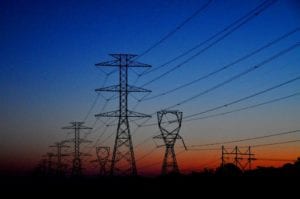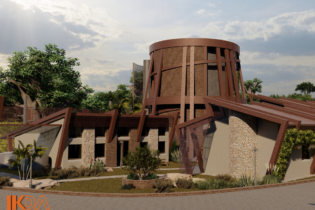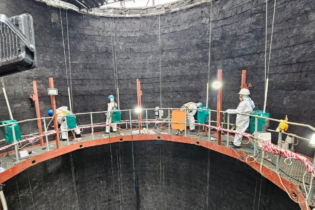 There is no one-size-fits-all solution to South Africa’s energy deficiency challenge, as each country has its own unique systems and geographical concerns. South Africa needs to find its own solution which will help find a balance between sources of supply and available technologies, in which skilled engineers have a big role to play.
There is no one-size-fits-all solution to South Africa’s energy deficiency challenge, as each country has its own unique systems and geographical concerns. South Africa needs to find its own solution which will help find a balance between sources of supply and available technologies, in which skilled engineers have a big role to play.
The World Energy Council has defined energy sustainability based on three core dimensions – an energy trilemma – to assist countries in achieving power continuity. The trilemma framework interweaves three main links which are: energy security, energy equity, and environmental sustainability. None of the three dimensions can exist successfully without the other, and each has equal weighing. All three components need to be met to ensure there is longevity and energy security in the country.
“The trilemma serves as a great framework for which to establish a collaborative and conjoined effort, building a cohesive and constructive foundation to revamp South Africa’s energy resources. Ultimately, there is no one sure fire method that will be the answer to South Africa’s current energy deficiency. We need to explore the different energy source options available. We can then learn from and improve what does and does not work,” said Dr Urishanie Govender, GIBB’s Director and General Manager for Environment and Sustainability. Economic growth in sub-Saharan Africa needs to be matched by energy investment in gas as a key energy source in plugging sub-Saharan Africa’s energy deficit. The opportunity could result in a gas infrastructure investment of greater than $200 billion over the next 20 years which will mean energy security will translate to economic and development upliftment. Govender concluded, “The challenge that we need to overcome is the stagnant and lack of policy infrastructure, planning and stumbling blocks of uncertainty that are holding back projects in South Africa,”





